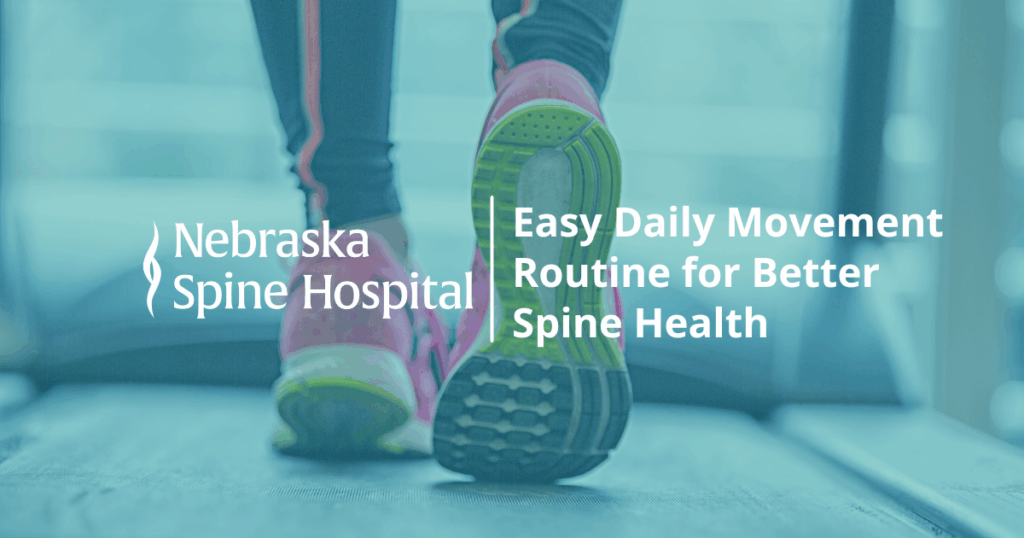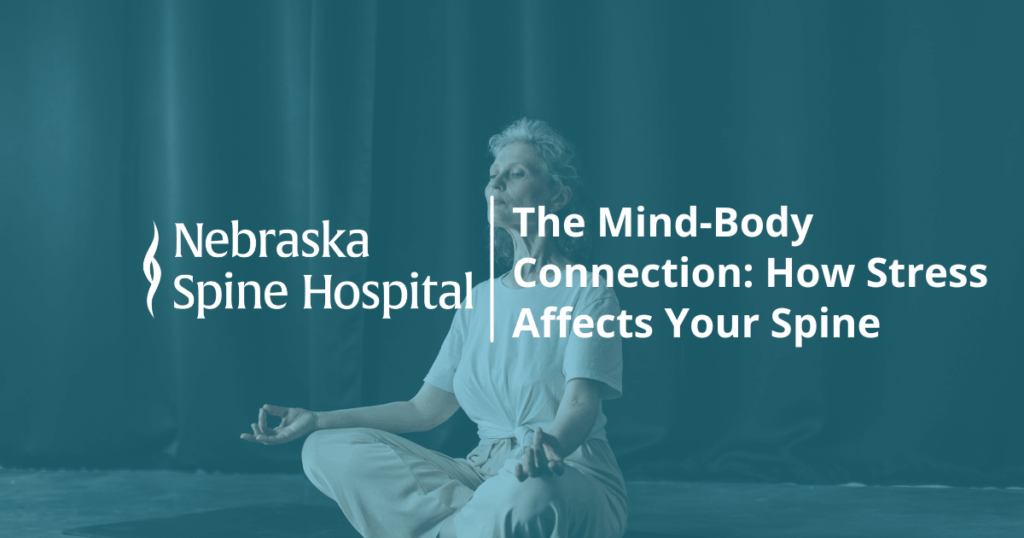Did you know? According to a recent study, chronic pain disrupts the sleep of 20% of Americans at least a few nights a week.
The majority of people suffering from chronic pain have trouble either falling asleep or staying asleep. It makes sense; chronic pain makes it difficult to get comfortable and who can regularly fall asleep when they’re experiencing discomfort?
The trouble is that poor sleep can actually worsen your chronic pain, which in turn makes it harder to sleep. This is one example of a dangerous pain cycle. To prevent this from happening to you, we’ve compiled some tips below that have worked for our patients in the past.
Remember, not every tip will work for you so it’s important to refrain from becoming frustrated as you find the best way to lull yourself to sleep every night.
Only go to bed when you’re tired.
We know that having a regular sleep schedule is important to maintaining your health, but going to bed just to toss and turn doesn’t help anyone. If you do turn in before you’re tired, you may end up lying awake stressing about why you can’t fall asleep.
Instead, only go to bed when you’re tired. If you’re already in bed and haven’t been able to fall asleep for 20-30 minutes, get up and do something. Maybe pick up where you left off in the book by your nightstand. Chances are, within a half hour you’ll be falling asleep over the pages.
You Might Also Like: Better Sleep With Lower Back Pain
Consider changing your sleeping environment.
Are your mattress and pillow the optimum choices for your sleeping position? If not, you might want to consider splurging on a new one.
You may also want to consider turning down the temperature in your bedroom. Cooler sleeping conditions can often lead to deeper, more restorative sleep.
Watch what you consume before you go to sleep.
Try to avoid caffeine and other stimulants like alcohol and nicotine after dinner. Instead, opt for some chamomile tea to help you relax.
Get your exercise.
How many times have we told you to fit regular exercise into your routine? At this point, it would be nearly impossible to track, which should let you know just how important exercise is to your health!
Not only does regular exercise promote your body’s healing process and help relieve pain but, you guessed it, it tires you out which helps you to fall asleep at night.
You Might Also Like: Sleeping With Back Pain
Jot down your worries before bed.
If you’re the type of person who seems to worry about anything and everything the moment your head hits the pillow, you may want to consider writing down your worries before bed. Doing so should help to take those worries off your mind, leaving them in your notebook to be fretted over in the morning.
Go to your happy place.
Visualizing something peaceful often helps people fall asleep. Did your family have a serene cabin in the woods you spent every summer at? Let your mind wander there before bed and you may find yourself snoring before you can open the front door.
If the sleeping tips above don’t help you fall asleep, it’s important for you to contact your physician and let them know about your sleeping problems. Most likely, they will have an idea of how to further manage your pain to make falling asleep easier.
Interested in learning more about keeping your spine happy and healthy? Sign up for our monthly newsletter below!









